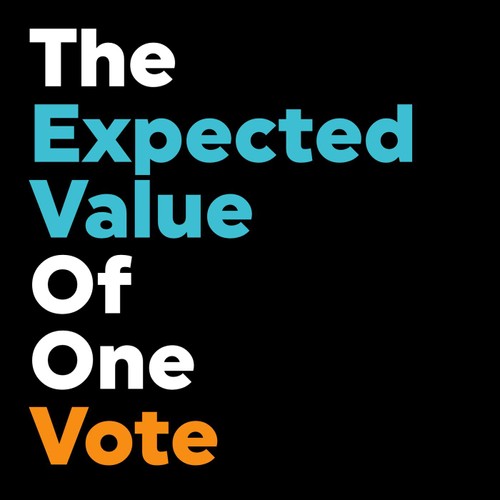
 80,000 Hours Podcast
80,000 Hours Podcast How much does a vote matter? (Article)
Oct 28, 2024
Delve into the power of a single vote and its potential to influence election outcomes. Explore the importance of being informed and the challenges that come with making a decision at the polls. Discover arguments against voting, including the risks of choosing the wrong candidate and the effort required for adequate political knowledge. Learn about alternative ways to make an impact, like donating to campaigns or driving voter turnout, and understand the broader implications that elected officials have on society and governance.
AI Snips
Chapters
Books
Transcript
Episode notes
Vote Impact
- Your vote's impact depends on the election's circumstances.
- In competitive districts during close elections, your vote has higher leverage.
Government Influence
- Governments control substantial resources, influencing spending and policies.
- Your vote can impact how these resources are allocated.
Bush's Policies
- George W. Bush's Iraq War decision removed Saddam Hussein but cost lives and trillions.
- Bush also significantly increased spending on antiviral drugs in Africa, saving millions.


